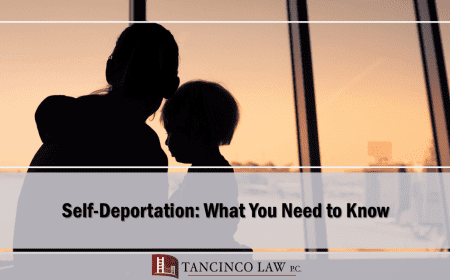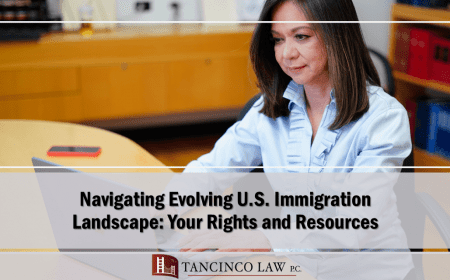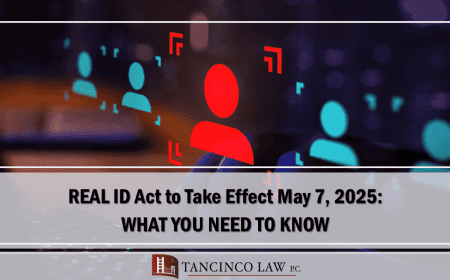Prosecutorial Discretion is one of the few immigration policies that this Biden Administration had emphasized during his term. Prosecutorial Discretion (PD) by U.S. Immigration and Customs Enforcement (ICE) is a critical option for individuals in unlawful status. PD allows ICE officers and attorneys to prioritize certain cases for enforcement while deprioritizing or deferring action on others, often benefiting individuals who do not pose a threat to public safety or national security.
For those in unlawful status, seeking PD can result in relief from deportation or removal, allowing them to remain in the U.S. without fear of immediate removal. With changes in administrations often leading to shifts in immigration policy, those in unlawful status should consider taking advantage of PD while President Biden’s administration, which has demonstrated a more lenient stance on immigration enforcement, is still in power. Acting promptly is crucial, as future administrations may take a more aggressive approach toward enforcement, closing the window of opportunity for relief. Below are basic information about Prosecutorial Discretion.
What is Prosecutorial Discretion?
Prosecutorial discretion (PD) is the government’s power to decide how to apply the law to someone. In immigration situations, this can happen at various points in a person’s case and in different ways.In immigration situations, this can happen at various points and in different ways. For instance, the Department of Homeland Security (DHS) might opt not to take an immigration case to court. Attorneys from Immigration and Customs Enforcement (ICE) might stop or delay a court case, agree with the immigrant’s lawyer on certain facts, suggest that the immigrant’s request for relief should be accepted, or choose not to appeal a court decision. They can even reopen a closed immigration case if they want to. ICE also has the power to decide who to arrest, keep in custody, or release while a final decision is made on a case.
How does the government make decisions about prosecutorial discretion?
Every case is looked at separately. The government has written rules to help the Department of Homeland Security (DHS) decide when to use PD. According to these rules, there are two types of cases: nonpriority and priority. Non-priority cases aren’t high on the government’s list for enforcing the law and might qualify for PD. Priority cases include people who are seen as risks to national security, public safety, or border security (like those who entered the United States without permission after November 1, 2020). These cases probably won’t qualify for PD.
What factors are considered when evaluating PD?
The government considers many factors in making its determination, including:
- Age, especially if an individual is young or older
- Length of time in the United States
- Whether you are a victim of a crime or a witness, cooperation with law enforcement
- Eligibility for immigration relief
- Military service
- Whether you are a lawful permanent resident
- Whether you are pregnant, postpartum, or nursing
- Have U.S. citizen children or spouse
- Serious medical conditions
- Other compelling humanitarian factors
What should I do if I believe I might be eligible for prosecutorial discretion?
If you believe you are eligible for PD, you should speak to an attorney at Tancinco Law, P.C. to evaluate all potential options. An attorney will likely ask you to collect documents and information to support the PD request.
President Biden’s administration has emphasized focusing immigration enforcement on individuals with serious criminal records, and the use of PD has been encouraged to reduce the backlog of cases in immigration courts. By seeking PD, individuals in unlawful status can potentially have their cases deprioritized or even closed, allowing them to remain in the U.S. legally for the time being. As this administration’s time winds down, it’s important for those affected to consider all options, including PD, to secure their future in the U.S. before any potential policy shifts under a new administration.
(Atty. Lourdes S. Tancinco is an immigration attorney and immigrant rights advocate based in the San Francisco Bay area and a partner at the Tancinco Law P.C. for 32 years. She may be reached at law@tancinco.com, www.tancinco.com, facebook/tancincolaw, or at 1-888-930-0808)




